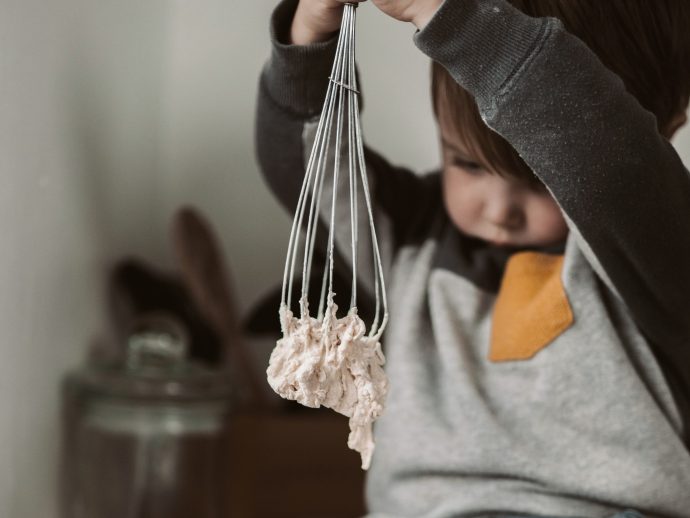Why being present means everything
Is there a magic ingredient to parenting that helps children grow up happy, cultivates resiliency, and helps them reach their potential—whatever that may be? Short answer: yes.
However, a worthy reminder: do not compare children and their thrive journeys. “Having a sense of achievement means thriving,” says Gail Johnson, pediatric occupational therapist. “Acknowledging that each child is differently abled allows us to celebrate their unique competencies and facilitate opportunities to succeed.”
The way we start
From being born helpless, our first years of life are the most impactful for brain development. New neural connections, called synapses, form with each new experience.
However, it starts long before that. Building a new brain calls for proper nutrition (and supplementation, where necessary) that ensures adequate levels of folate, iodine, vitamin D, iron, choline, and omega-3 essential fatty acids. But high stress levels can affect brain development and so can various hormones.
The journey continues
Early infancy is the time for bonding. By holding our babies and attending to their needs, we help them learn to trust us, each interaction cemented by new synapses (over 1 million neural connections are formed in the brain every second during the first few years of life).
Toddler years come with a lot of new learning, including emotions. However, says Johnson, “Some children may have difficulties expressing or understanding emotions, due to developmental issues.”
This can make it difficult to connect emotionally, but that doesn’t hinder communication. “It comes down to being attentive to the other ways they communicate and what they are curious about,” she says.
Closeness comes in many flavors: holding them, snuggling to read, role playing, and exploring outdoors are just some of the ways we can connect and communicate with our kids.
During preschool and school years, children learn about co-operative and competitive play, handling emotions, and developing social skills. Being present allows you to observe and help create opportunities to respond to their needs, including their new need for more independence.
Then come the often-troubled years
Parenting teenagers has never been easy, and each generation faces new challenges. Preteens become aware of body changes, which increases self-consciousness, more so in the age of social media. There will be bouts of moodiness, self-doubt, passive aggression, and a greater-than-ever need to know their parents are present.
“There’s much rewiring happening during the teenage years, which often makes communication difficult,” says Johnson. Strive to create a positive family environment and offer opportunities to connect over what interests them. Above all, says Johnson, be present, observe, and listen.
All this to say
Our children’s developmental journeys come with unexpected turns and emotional ups and downs. Being present allows us to respond to our children’s needs, help them learn about trust, and cultivate their empathy and resilience.
It also allows us to grow alongside our children and find grace in the most unexpected places along the way.
By Daniela Ginta, MSc, NNCP

